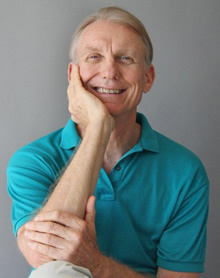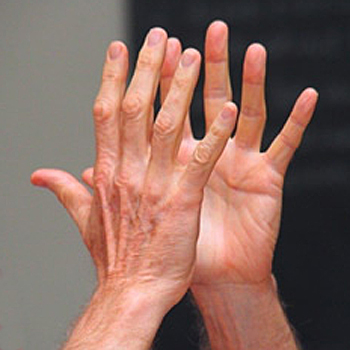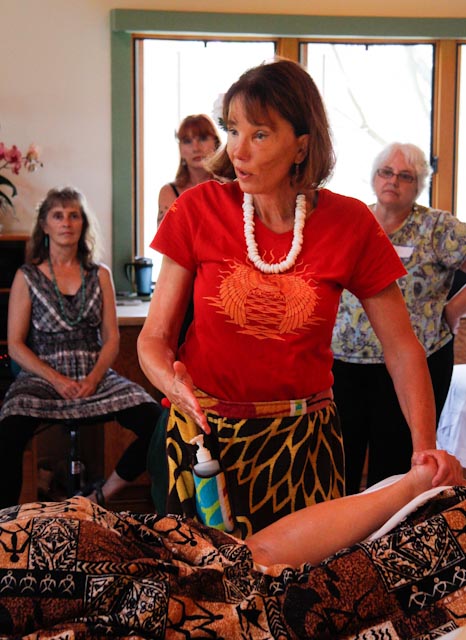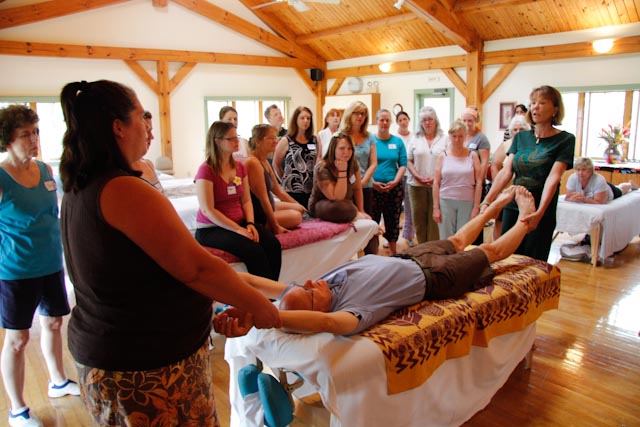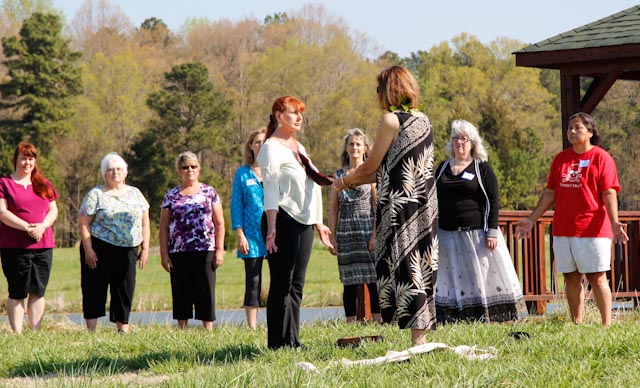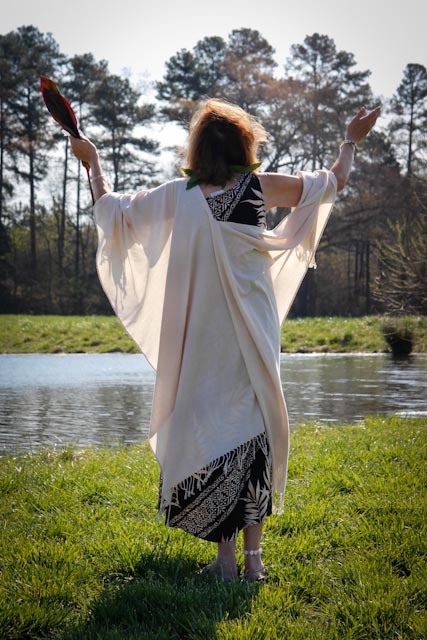Oncology massage therapy is an expanding specialty in the profession of skilled touch. As the field of massage therapy expands, therapists are drawn to this soulful, stimulating work for many reasons. Chief among them are the chance to ease the journey of people with cancer, an opportunity for specialization, and a way to distinguish their work from other therapists.
Body Therapy Institute is happy to again sponsor Tracy Walton to present Oncology Massage Therapy: Caring for Clients with Cancer. This 4-day intensive training will be offered Thursday-Sunday, April 16-19. Tracy is one of the nation’s most respected professionals in this important area of research and treatment. Limited space is still available in this workshop, so call BTI at 919-663-3111 to register or use the secure registration form on our website. Here is an article by Tracy that will introduce you to some of the unique aspects and considerations of this work:
Frequently Asked Questions in Oncology Massage
by Tracy Walton © 2012
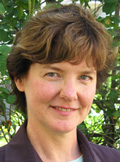 I receive many questions about this work. First, how is oncology massage unique? How does massage change for people with cancer and cancer histories?
I receive many questions about this work. First, how is oncology massage unique? How does massage change for people with cancer and cancer histories?
The short answer is that massage is modified to the signs, symptoms and complications of cancer. It is also adjusted to the effects of cancer treatment. Some of these treatment effects resolve when treatment is complete, but some may linger indefinitely. One essential skill in oncology massage is determining how to work years or even decades after treatment is complete!
This short answer doesn’t capture the range of cancer presentations, or the clinical thinking skills needed, but it provides a starting framework for oncology massage. Good health history questions fill in some details. Although space limits a complete list of intake questions here, resources at the end of this article explain the intake process in more depth. Training in oncology massage is strongly recommended in order work safely and to use interview questions with purpose.
The first question, “Where is the cancer in your body?” points to pressure and joint movement contraindications. By asking “where?” we find out the type of tissue involved, the depth of any mass and its anatomical location. If a solid tumor is superficial enough to be disturbed, the MT is gentle with pressure and movement in the area. If the tumor is deep, say, within a lung or liver, the therapist’s movements may be unlikely to disturb it, but if the function of these organs is impaired, there are likely to be several other significant massage adjustments.
This question, “Where is it?” also includes any metastasis (cancer spread) to adapt to in the session. For example, cancer involving bone can lead to pathologic fracture, similar to osteoporosis. Massage therapists always ask about bone involvement so that we do not injure the bone, either with our pressure or by moving the joints. Follow-up questions about bone stability are vital. “Bone mets” can make bone extremely fragile, or the bone can be quite stable, despite the mets. The client’s physician advises where and how the bones are most vulnerable, so that a therapist can appropriately adjust movement and pressure.
Another logical question is, “What treatments have you undergone, and how do they affect you?” Cancer medicine is strong medicine; effects of surgery, radiation and chemotherapy and other treatments are important massage therapy concerns. There are many massage guidelines, including less pressure if the blood is clotting poorly, predictable rhythms and slower speeds for nausea, or shorter sessions for fever or fatigue. There are even massage contraindications in force years later, adapting to the late effects of cancer treatment. These are often not intuitively obvious to the massage therapist. Issues such as lymphedema risk, organ function impairment due to injury from radiation, bone thinning, and other factors mean that some massage adjustments are lifelong.
Other questions for the oncology massage intake include the client’s activity level and tolerance, whether there are any medical restrictions on their activities, and their blood counts. The activity level and tolerance give us a sense of what the massage tolerance might be. A client exhausted by treatment may require a gentle session. A more robust client might welcome and tolerate a little bit more, but it is vital to start conservatively. If there are medical restrictions on activity, we “mirror that medical concern,” and adjust the massage in kind. Low blood counts might signal low immunity, easy bruising, or low energy from anemia. Corresponding infection control, gentler pressure, or a gentle overall session may be in order.
We also ask clients about medications (many of them taken to control metastasis, increase blood counts, manage symptoms, or prevent cancer recurrence). We modify massage therapy to the effects of medications and the reasons for taking them. We adapt to many side effects such as pain, constipation, nausea, fatigue, or even an increased risk of blood clots. The latter is a particularly important scope of study in oncology massage, because several cancer and cancer treatment factors elevate DVT risk, and blood clots can often be clinically silent. This “hidden contraindication” as well as the other clinical issues require massage therapists to devote time, training, and study in order to practice safely.
These are a few sample interview questions. Several resources support us in interviewing and working with people with cancer. A few are listed here. Resources for further training and information include:
1. Tracy’s pathology textbook, Medical Conditions and Massage Therapy: A Decision Tree Approach describes detailed interview questions and massage adaptations for general cancer presentations, as well as specific presentations for certain cancers such as leukemia, breast and prostate cancer, lung cancer, colon cancer, lymphoma, and others.
2. Touch, Caring, and Cancer: Simple Instruction for Family and Friends is an award-winning DVD and handbook for people with cancer and their care partners. View a trailer at at www.tracywalton.com.
3. Many full-length articles by Tracy Walton, two in the Massage Therapy Journal, are available free on-line. Another specifically on massage and chemotherapy. Links to these and other resources are at www.tracywalton.com, a clearinghouse for oncology massage information.
4. The Society for Oncology Massage at www.s4om.org. This site is dedicated to advocacy, patient support, educational standards, and standards of practice in oncology massage. There is even an oncology massage therapist locator service.
The questions listed here contribute to a solid interview. As touch providers, we are in the wonderful position of providing support, compassion, symptom relief, and relief from isolation on a hard path. In order to do this, we need skill, information, and finesse. When we bring these to the massage treatment room, we can lead a good interview and get a good start to the work.
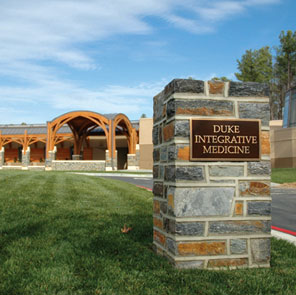 BTI is excited to again collaborate with leading clinicians and researchers from Duke Integrative Medicine to help members of the massage therapy community gain the knowledge and skills to participate in research and to collaborate with other health care providers in interdisciplinary settings.
BTI is excited to again collaborate with leading clinicians and researchers from Duke Integrative Medicine to help members of the massage therapy community gain the knowledge and skills to participate in research and to collaborate with other health care providers in interdisciplinary settings.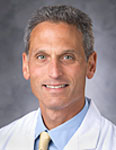 Dr. Perlman is a strong advocate of massage therapy, and is the recipient of a grant funded by the National Institute of Health to continue his research on massage therapy for osteoarthritis of the knee. This NIH study, the largest one of its kind being funded the National Center for Complementary and Integrative Health, is entitled EMBARK: Exploring Massage Benefits in Arthritis of the Knee. It seeks to assess the value of Swedish massage in decreasing pain and improving function for adults with osteoarthritis of the knee.
Dr. Perlman is a strong advocate of massage therapy, and is the recipient of a grant funded by the National Institute of Health to continue his research on massage therapy for osteoarthritis of the knee. This NIH study, the largest one of its kind being funded the National Center for Complementary and Integrative Health, is entitled EMBARK: Exploring Massage Benefits in Arthritis of the Knee. It seeks to assess the value of Swedish massage in decreasing pain and improving function for adults with osteoarthritis of the knee.

